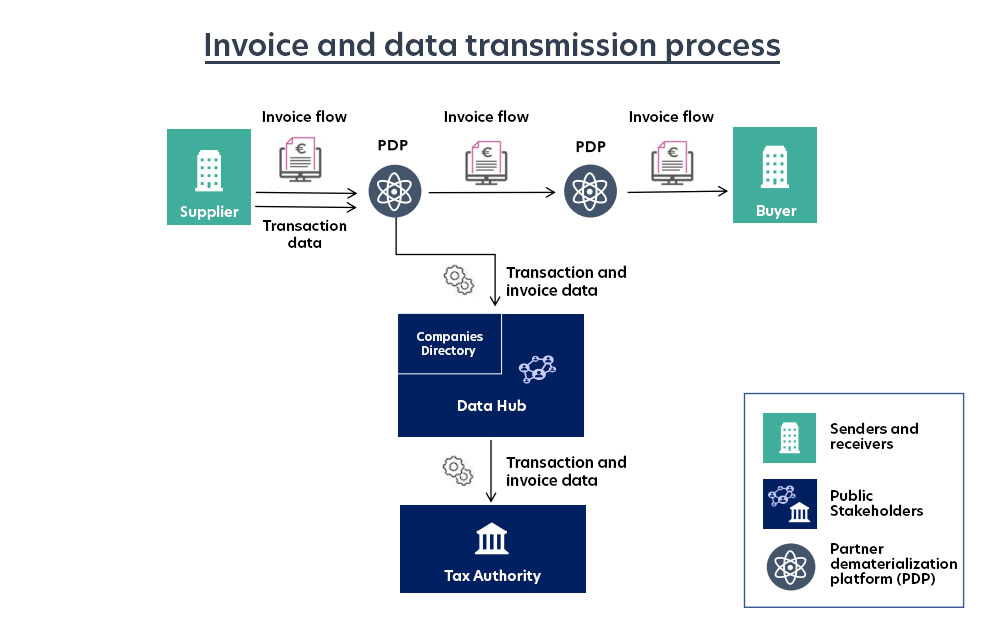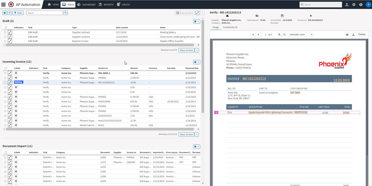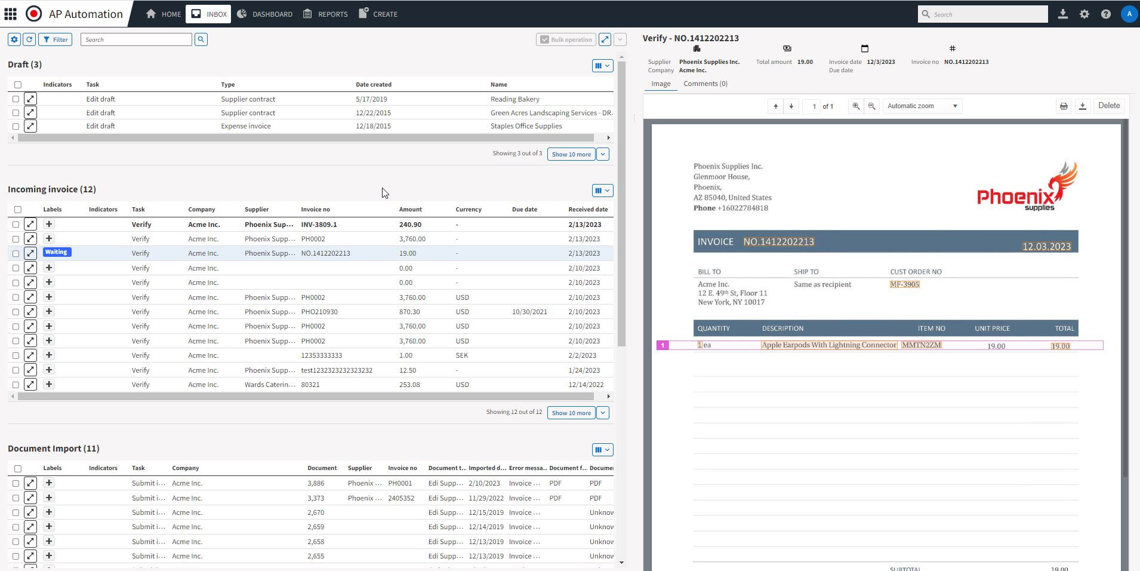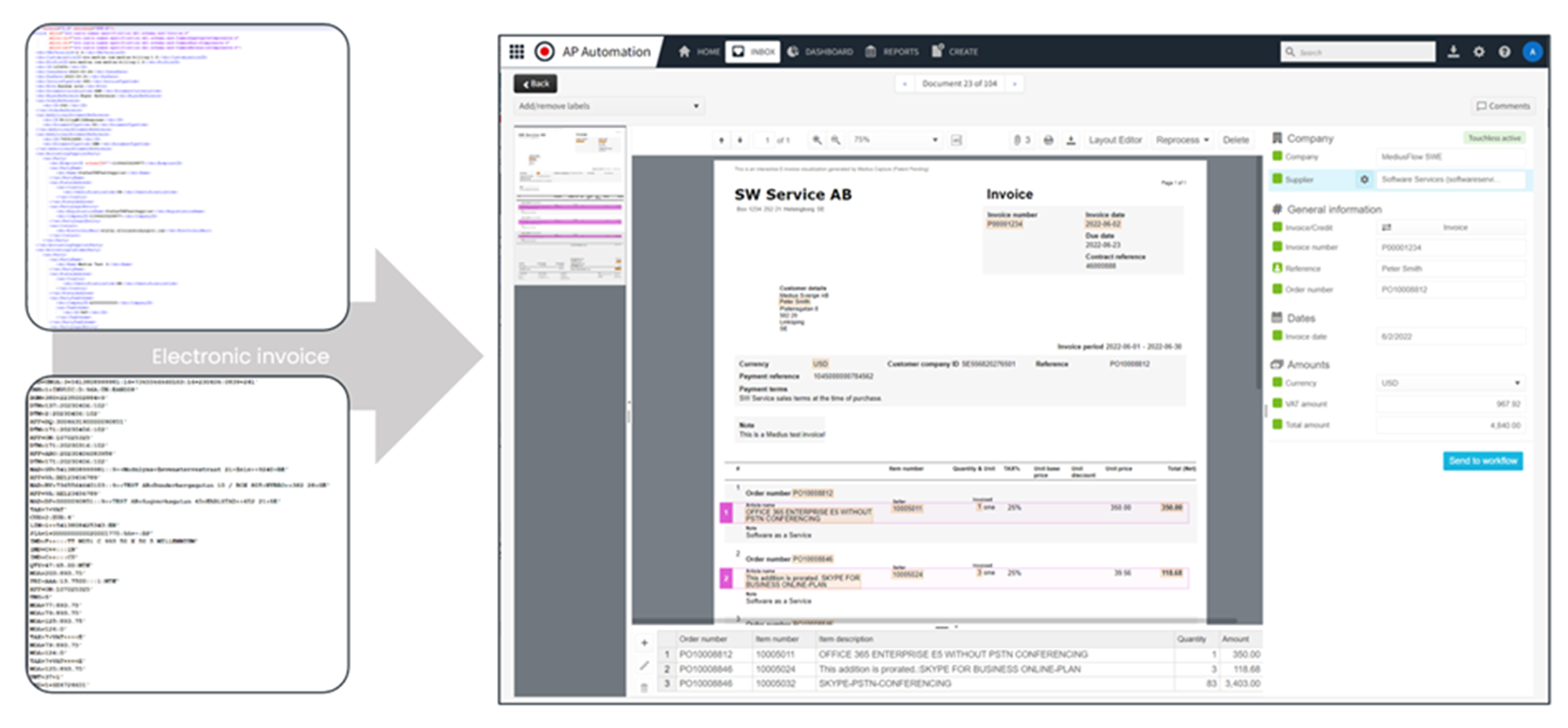After the government's decision to refocus the role of the Public Invoicing Portal (PPF) on directory and data aggregation functions, companies that planned to act as dematerialization operators (OD) can no longer route this information directly to the PPF, regardless of the type of flow. They are required to rely on an Approved Platform (PA), formerly called PDP, or to become one themselves.
Medius is an Approved Platform, officially registered with the French Tax Authority , and a Dematerialization Operator (or Compatible Solution), allowing connections with other Approved Platforms.
Regardless of the approach chosen, Medius supports mid-sized and large enterprises in optimizing and ensuring the compliance of their accounts payable processes, from dematerialization to invoice payment, all the way through to expense report management.





